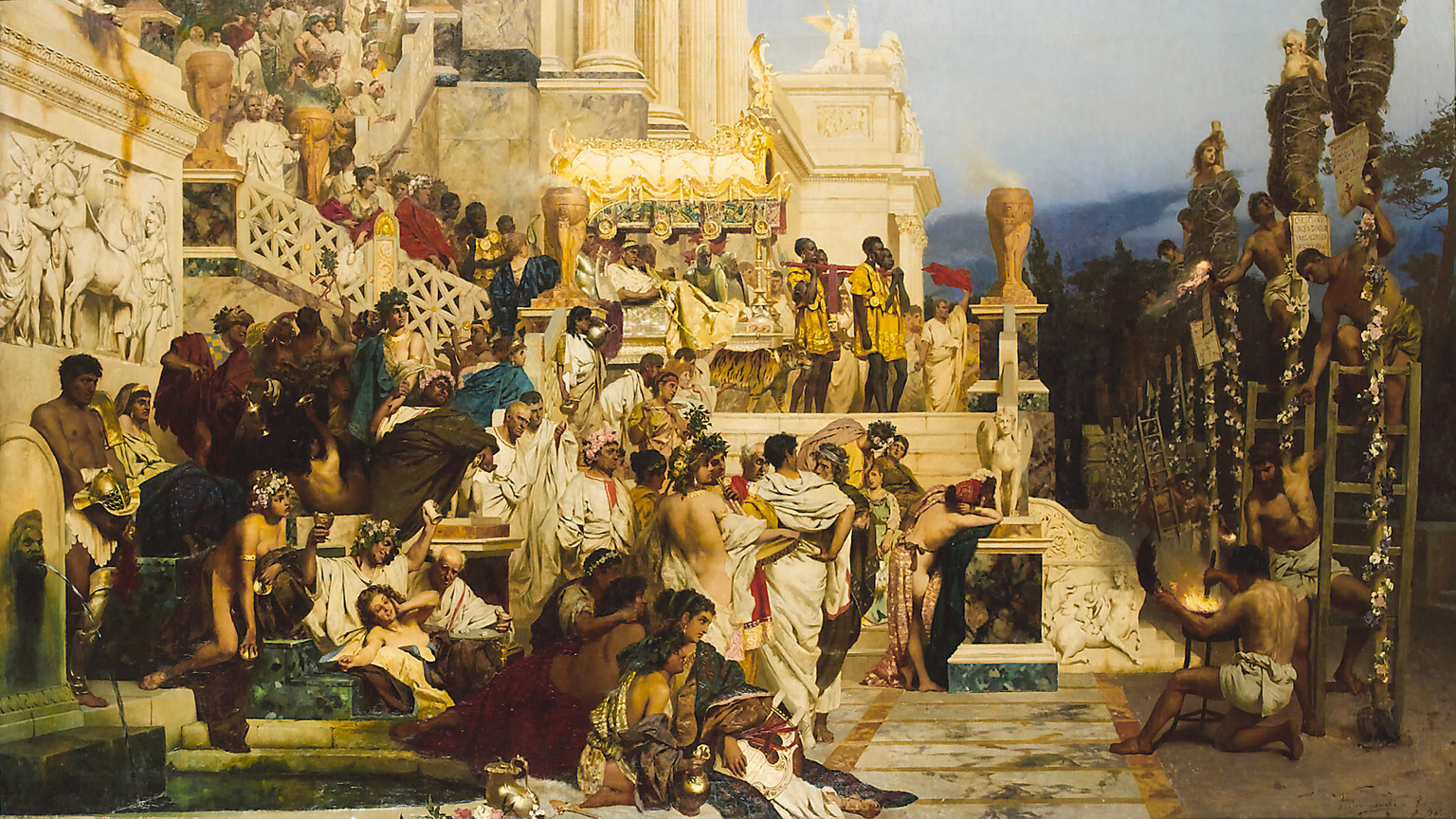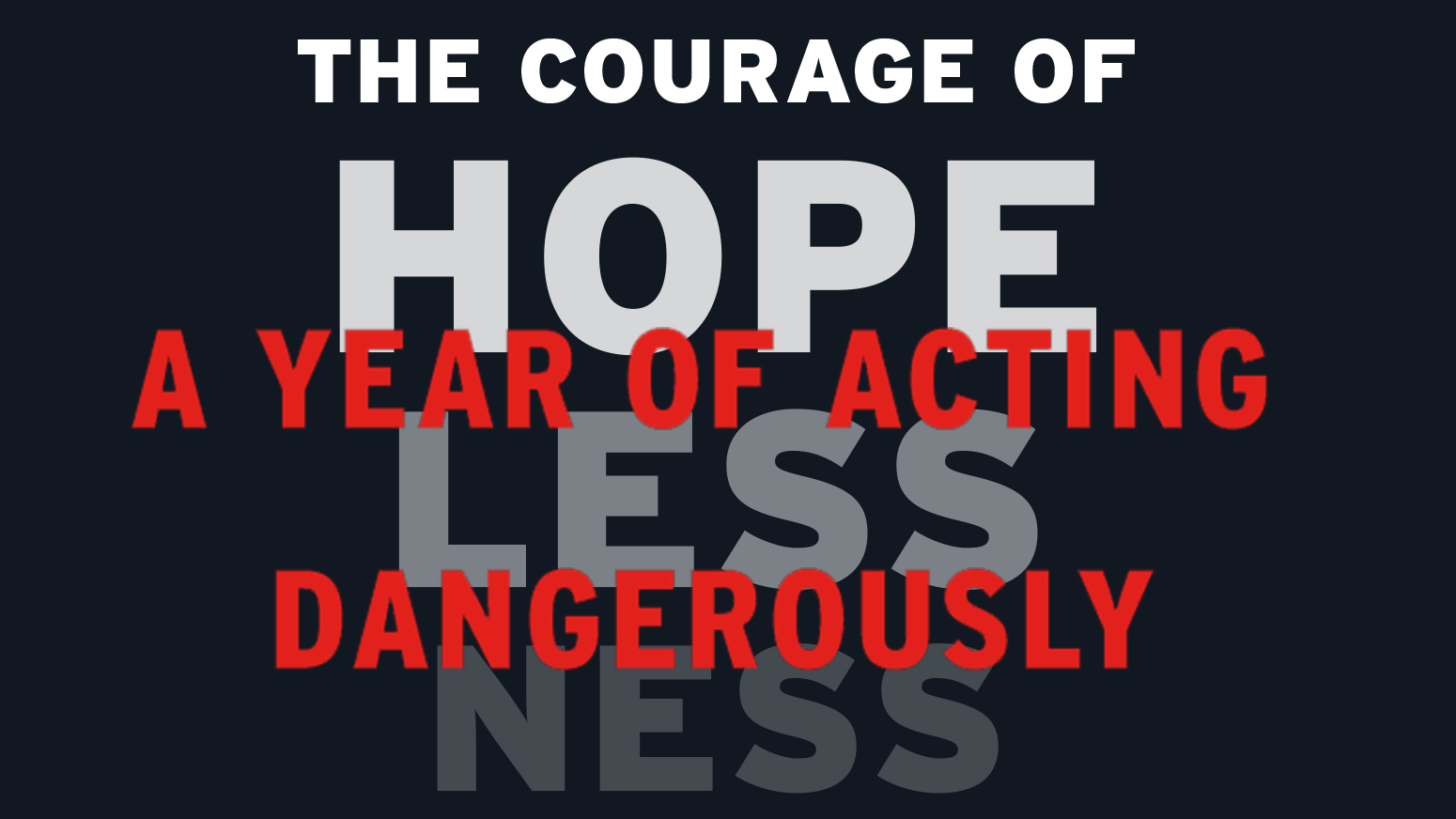Would We Want to Live in Plato’s Ideal Society?

Plato’s vision of a harmonious state would scandalize liberals and conservatives alike. But some of his advice might be worth taking.
What’s the Big Idea?
Although it’s a staple of philosophy classes everywhere, Plato’s Republic has attracted considerable criticism over the centuries. As a vision of an ideal state, many of its prescriptions have become notorious: banishing poets, rejecting democracy, putting “philosopher-kings” in charge, and so on.
But John Dillon, recently retired professor of classics at Trinity College, Dublin, believes that the Republic’s detractors miss the mark. “I am always surprised,” he explains, “that this arrangement is taken seriously as a political blueprint by so many scholars who should know better, as well as by the general public….What Plato is doing in the Republic is taking the opportunity to air a number of his cherished political ideas, while primarily presenting a schema of the well-ordered human soul.”
It’s in the Laws, Dillon argues, that “Plato is being serious about constructing a state.” And the proposals that text offers—together with a few ideas from the Republic—may provide a path out of some of our current political and environmental crises.
What’s the Significance?
As detailed in a previous post, Dillon agrees fundamentally with Plato’s belief that states should seek stability and material sufficiency above all. He contrasts those priorities with those of modern capitalist democracies, which valorize competitiveness, acquisitiveness, and the quest for perpetual growth. Rather than grabbing for resources and profits, Dillon argues that world leaders should give serious credence to Plato’s “insistence on limiting production…to necessities rather than luxuries.”
He favors similar restraint with regard to the “production” of new people, citing Plato’s advice that governments should “determine as exactly as possible what number of people [their states] could support ‘in modest comfort,’ and then stick to that.” He suggests that in the event of truly unsustainable population growth, one remedy would be to “limit children’s allowances [i.e. welfare benefits] to the first three children of any couple, instead of actually increasing them, as is currently the case [in Dillon’s native Ireland].”
Since “advanced western societies…limit their population growth spontaneously,” Dillon does not believe such measures will actually be necessary—only that they should be considered valid fallback options. Moreover, he’s as willing to tweak conservatives as liberals in the name of stability. Echoing Plato’s proposal that the very wealthy “should hand over [their] surplus to the state and its patron deities,” Dillon advocates extremely steep taxation of the rich. “One would simply have to prescribe that anyone earning over five times the minimum wage would have the choice, and privilege, of donating his surplus to one of a number of approved public or private enterprises…or have the money removed from him by 100% taxation.”
Dillon concedes that many of these initiatives would be hugely unpopular, and emphasizes Plato’s general priorities (stability, austerity, shared sacrifice) over any specific policies. Still, at least one of the philosopher’s ideas—a version of which Dillon also supports—was endorsed by Time magazine in 2007: mandatory national service for young adults.





